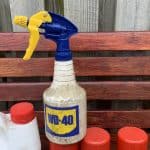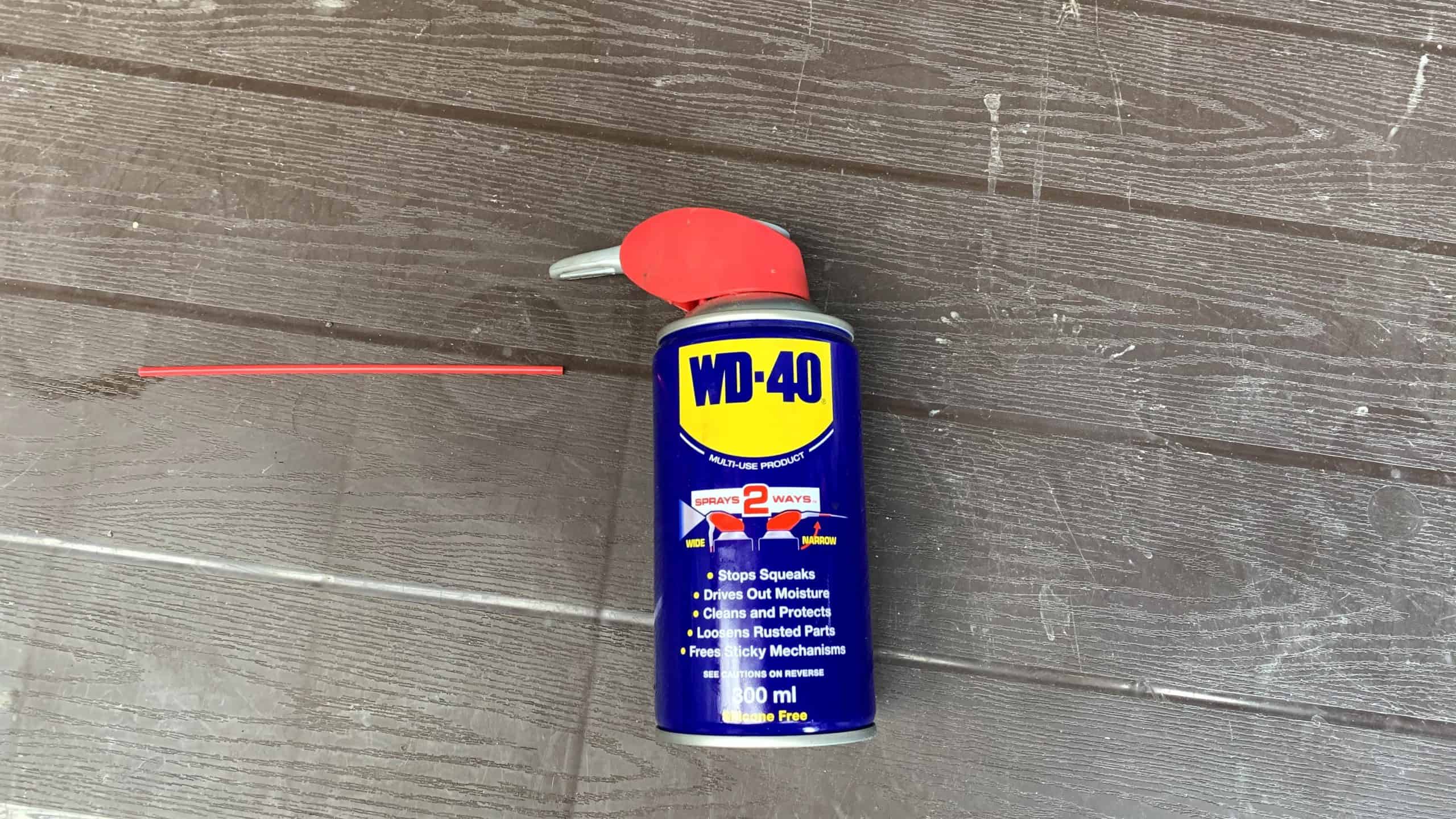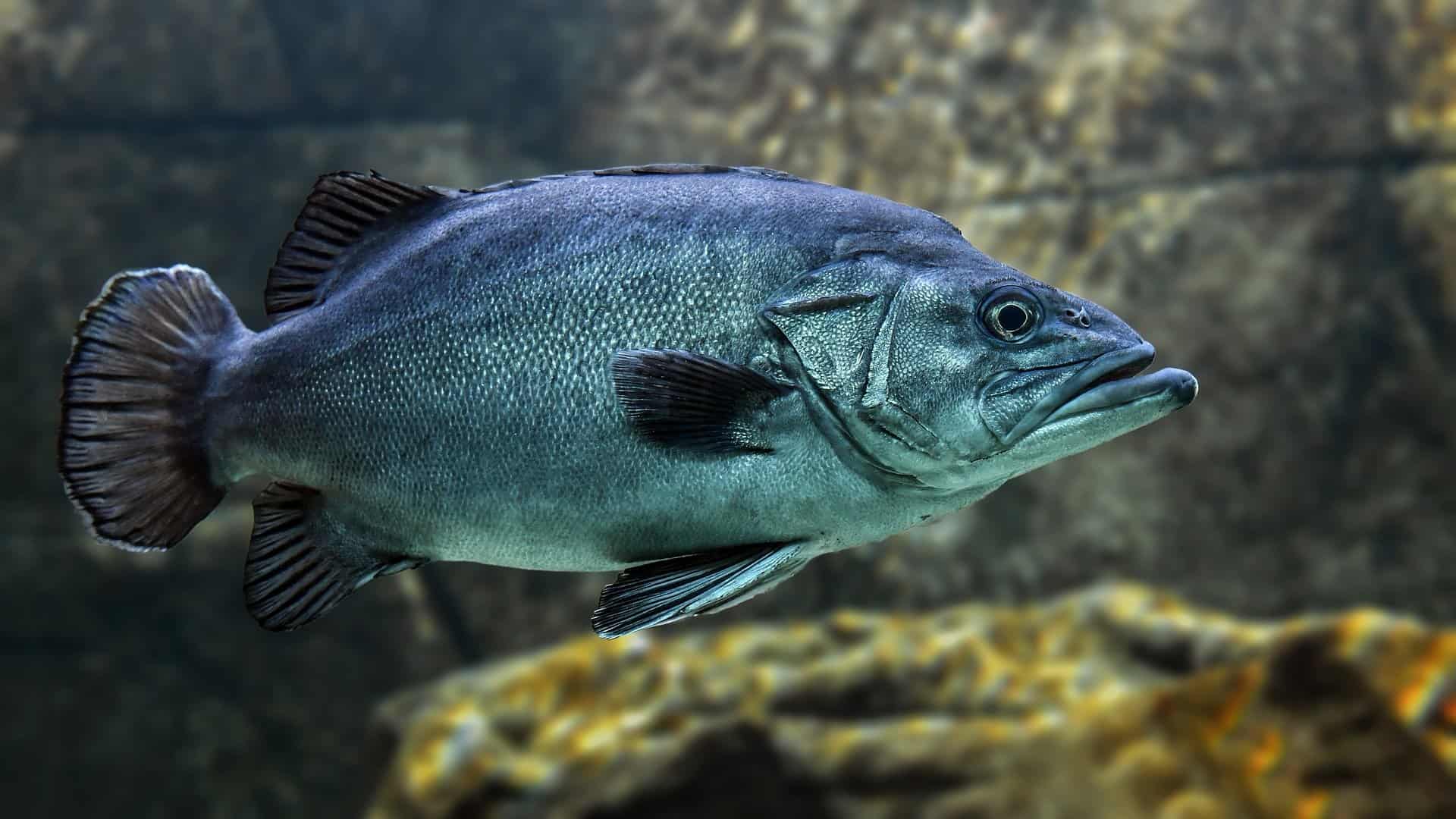WD-40 is hailed as being one of the most essential items for work and home. It has lubricating and cleaning properties and is safe for use on metal, but a dirty carburettor is tough to clean. How does WD-40 stack up against a carburettor cleaner?
WD-40 can work as a carburettor cleaner but is only if you’ve got no other choice. Standard WD-40 is not so effective at caked-on grime removal and there is a specialty carb cleaner product produced by WD-40 that is the better choice.
I’ll take you through information on WD-40 regarding its use as a substitute carb cleaner and why WD-40 is not the best product for this task. We’ll also look at how carb cleaners get the job done and tips to clean your carbs in the best way.

Can You Use WD-40 Instead Of Carb Cleaner?
Carburettor cleaner removes grime that builds up in the carburettors. This includes the heavy varnish inside and outside of the carburetor. If the carburetor is not cleaned periodically, it will begin to affect the vehicle’s mileage and performance.
The methods of how a carburettor cleaner works are either an immersion-style or via a fuel additive. WD-40 is not designed to work via the fuel additive method and so would do very little and is not recommended.
Immersion styles generally involve soaking in the carb cleaner from 30 minutes to 24 hours. The active ingredients are usually heterocyclic amine derivatives, glycol ethers, and ethoxylated alkyl amines.
Once you have removed the carburettors from the carb cleaner mixture, you can rinse with water and use a brush to get the remaining grime.
- WD-40 does have some cleaning properties but its main function is rust prevention and water displacement. Even immersing the carbs in a large quantity of WD-40 would not be cleaning very well.
Carb cleaner is likely to do a much more efficient job as it is specially formulated for this task whereas WD-40 is not.
Additive carburettor cleaners are added via the fuel cap. They can be added when refueling the car and will flow through the engine to clean it.
These concentrated carburettor cleaners pass through the carburettors and use the heat and chemicals to clean. The fluid will loosen and then wash away accumulated varnish deposits, which are then burned up in engine combustion.
An effective clean of carburettors should result in a noticeable difference in engine performance as well as improvements in smoothness, emission quantity, and mileage.
Check out this video on how to clean a small engine carburettor.
Can You Use WD-40 In An Ultrasonic Cleaner For Carbs?
Ultrasonic cleaners are what mechanics use to clean carburettors. They work via high-frequency sound waves transmitted through the liquid. These sound waves create bubbles that implode to dislodge grime on the surface.
Ultrasonic cleaners should never be filled with flammable liquids. Generally, the liquid will be water-based or solvent-based.
WD-40 is a volatile compound that is flammable. Looking at publically available safety sheets reveals that fire hazard is the biggest hazard of the product.
In the United States, this safety information is required to be disclosed to meet regulations on worker safety. This is mainly through the Occupational Safety and Health Administration’s standards.
According to the scheme, WD-40 poses minimal harm to human health. The risk of fire, however, is classified as a severe hazard, which is the highest hazard rating available.
Can I Spray WD-40 In My Carburettor?
You can spray WD-40 into the carburettor, especially smaller engines. Lawnmowers and motorcycles and other similar sized engines can be running while WD-40 is sprayed in.
This may have some protective properties as WD-40 will leave behind a protective coat and help with rust prevention. However, it is not a substitute for actually disassembling the carburettor and using a carb cleaner or ultrasonic machine.
A much better product is WD-40’s specialist carb body cleaner. This is designed to be used to be sprayed into the carburettors and remove deposits.
Can You Clean The Throttle Body With WD-40?
WD-40 Specialist Carb/Throttle Body & Parts Cleaner is a powerful solvent-based cleaner.
It is advertised as an all-in-one carburetor cleaner spray that will clean the carburetor, throttle body, and unpainted metal parts.
It works on small-engined items like lawnmowers to cars and tractors. It is sprayed into the carburettor throat and is flushed through, cleaning as it goes. Standard WD-40 can be used in this way but it is not rated to clean all components the way carb cleaner is.
Is WD-40 Safe To Use On Carbs?
Given WD-40’s combustible nature, excessive amounts should not be used around high heat or naked flames. Carburettors and the surrounding engine can be a source of ignition for even small amounts of WD-40.
When WD-40 is sprayed, it leaves behind a coating of film. The drying process does not alter the flammability of WD-40 and so the residue may catch fire as the engine warms up.
After use, take note that the WD-40 will not evaporate completely, meaning large dried quantities could still be a fire hazard.
Otherwise, in terms of maintenance, standard WD-40 is unlikely to do a whole lot to remove built-up grime. Carbon deposits and varnish buildup can be very stubborn and a specialty carb cleaner that contains solvents are going to do a much better job, including WD-40’s own offering.
One common use for WD-40 is to spray it into tools that will be put into storage. WD-40 can be effective at rust prevention and stopping corrosion meaning your tools will have their lifespans extended with the proper pre-storage application of WD-40.
WD-40 can also be used in a pinch to be an engine starter by squirting it into the intake. While volatile, WD-40 does not contain ether which is a much more effective engine starter.





